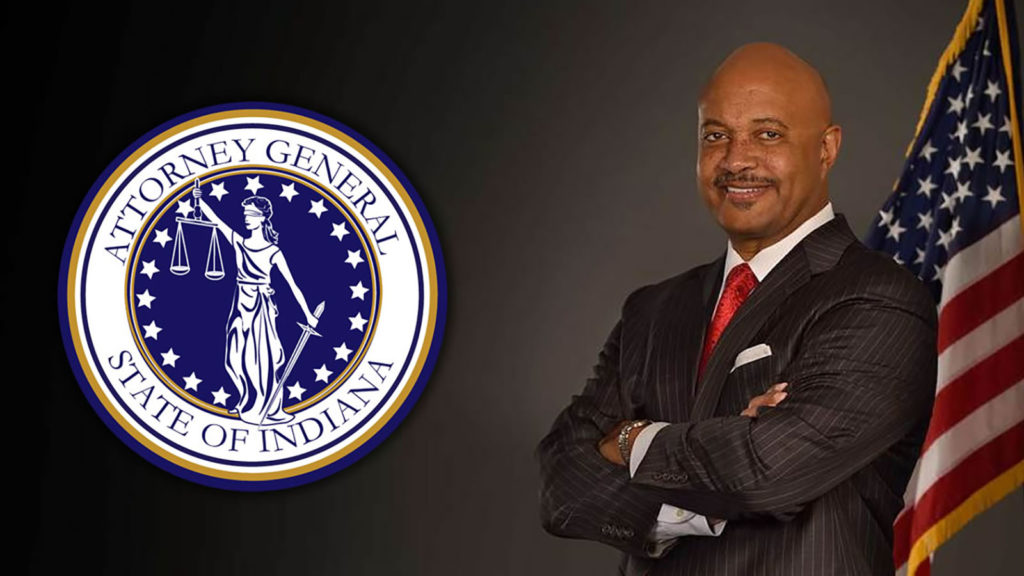Attorney General Curtis Hill announced that he and 33 other state attorneys general have reached a $113 million settlement with Apple regarding the company’s 2016 decision to throttle consumers’ iPhone speeds to address unexpected shutdowns in some iPhones.
Attorney General Hill and the other attorneys general allege that Apple discovered battery issues were leading to unexpected shutdowns in iPhones. Rather than replacing the batteries or disclosing the issues, however, Apple concealed the issues from consumers. Apple’s concealment ultimately led to a software update in December 2016 that reduced the performance of iPhones to keep them from shutting down.
The attorneys general allege that Apple profited off its concealment of the battery issues because the company then sold additional iPhones to consumers who had their previous phones’ performance reduced.
“Apple likely believed it found a clever way to not only get around its iPhones’ battery issues, but also profit by manufacturing additional issues into those faulty phones,” Attorney General Hill said. “Unfortunately, those deceptive business decisions will now cost the company millions of dollars. It is our hope that from now on, Apple is transparent about problems with its devices.”
Under the settlement, Apple will pay the state of Indiana $4,890,219.99, all of which will go to the Agency Settlement Fund. In addition to the payment, Apple must provide truthful information to consumers about iPhone battery health, performance, and power management. Apple must provide this important information in various forms, including on its website, in update installation notes and in the iPhone user interface itself.
Attorney General Hill, Arizona Attorney General Mark Brnovich and Arkansas Attorney General Leslie Rutledge led the multistate investigation that resulted in this settlement. California and Pennsylvania conducted their own investigations into Apple’s conduct but are also participating in the settlement with states.
Court documents related to the settlement are attached.
Recently, Apple also settled separate, class-action litigation related to the same conduct. Under that separate settlement, Apple will pay up to $500 million in consumer restitution.














